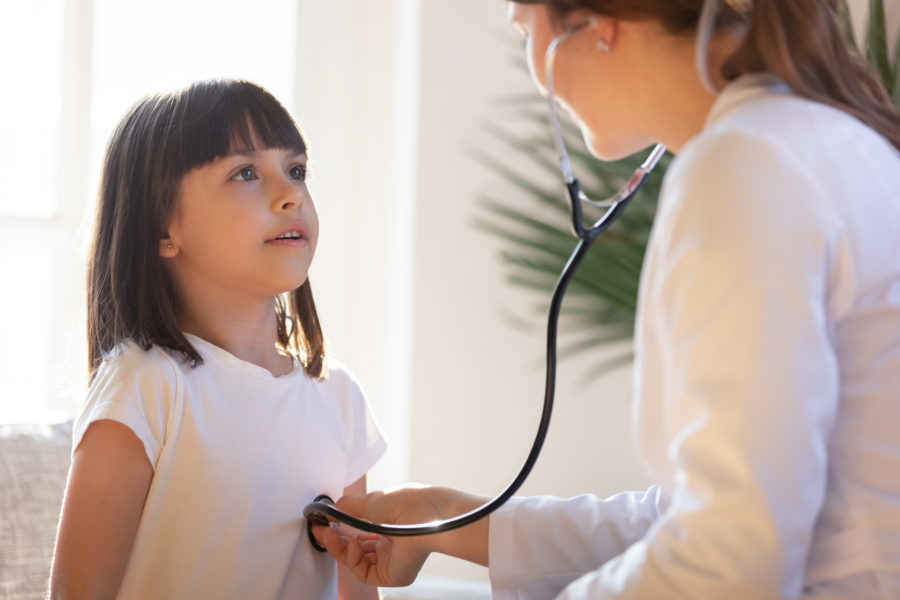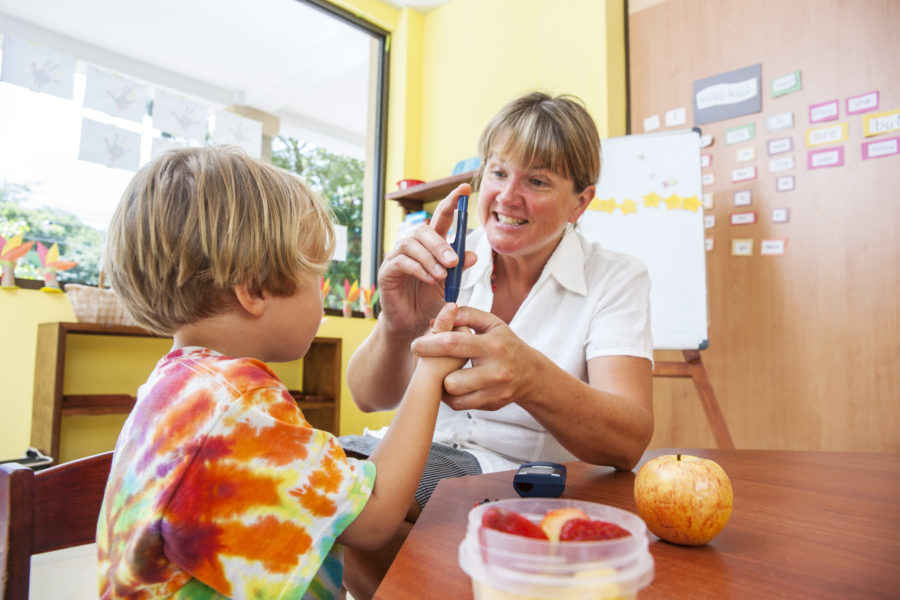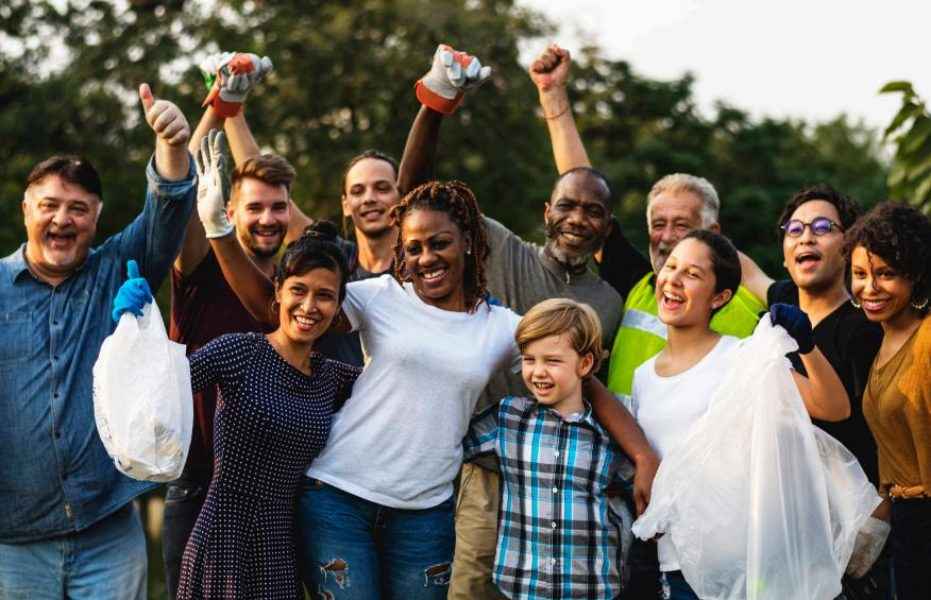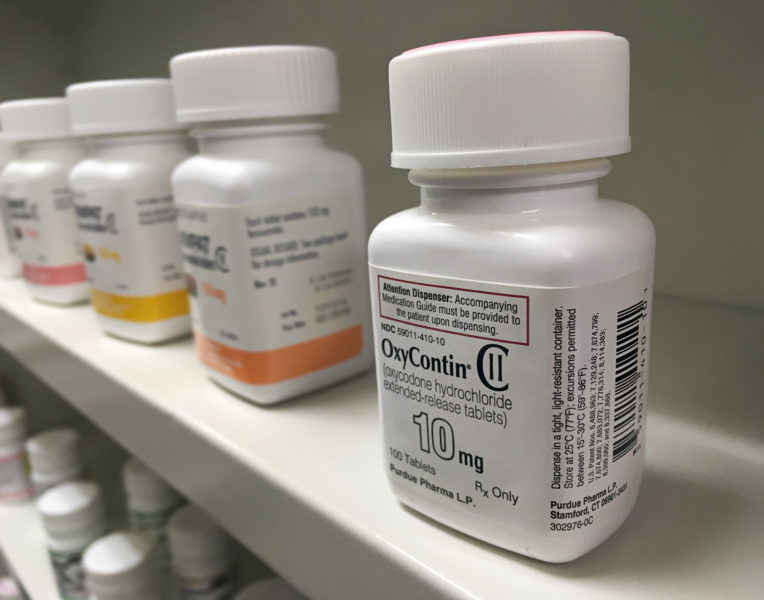
Public Health Emergency: Legal Preparedness and Response
The Network’s monthly reporter, Judicial Trends in Public Health (JTPH), highlights key court cases and relevant judicial trends in public health. The cases below are organized…

The Network’s monthly reporter, Judicial Trends in Public Health (JTPH), highlights key court cases and relevant judicial trends in public health. The cases below are organized…

The Network’s monthly reporter, Judicial Trends in Public Health (JTPH), highlights key court cases and relevant judicial trends in public health. The cases below are organized…

Health and health equity are intrinsically linked with social determinants of health. This initiative of the Network seeks to bring cross-cutting areas of legal and policy expertise to address critical public health issues.

Because of their intimate knowledge of the opportunities and barriers to advancing health and health equity among their neighbors, community-based organizations can have a profound and enduring impact on the health and well-being of their community. Understanding how to utilize law and policy to achieve their goals can accelerate the positive health outcomes they want to achieve and can make their impact even greater.

Addressing social determinants of health to improve health equity is a goal shared by public health, health care and public interest legal practitioners. Yet, these…

Registered professional school nurses are uniquely positioned at the intersection of student health and education. Trained to understand the complexity of the relationship between physical and mental well-being and academic achievement, school nurses represent an important resource for improving child and adolescent health—reaching kids where they spend the majority of their waking time.

The Network's specialized trainings equip public health practitioners, officials, lawyers, policymakers, advocates and others with the skills they need to develop, implement, and build community support for laws and policies.

Registered professional school nurses are uniquely positioned at the intersection of student health and education. Trained to understand the complexity of the relationship between physical…

The Network's initiatives reflect the first steps in identifying potential collaborations with high-level impact, along with partners who can help us take this work to the next level.

Organizations in public health, philanthropy and other sectors partner with us on projects and programs aimed at improving health in communities. From law and policy…

Communities across the United States are struggling with an epidemic of drug-related harm. Harm reduction programs are often hindered by laws and policies that reflect an outdated, punitive-focused approach to drugs and individuals who use them. The Harm Reduction Legal Project addresses legal and policy barriers that hamper the establishment and scale-up of evidence-based harm reduction measures.

Opioids, both prescription painkillers and illegal drugs such as heroin and illicitly manufactured fentanyl, are responsible for most of the 52,000 deaths of Americans every year from overdose. States and localities have implemented a number of legal and regulatory interventions to address this epidemic.